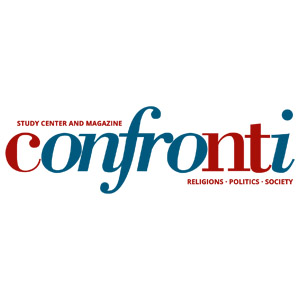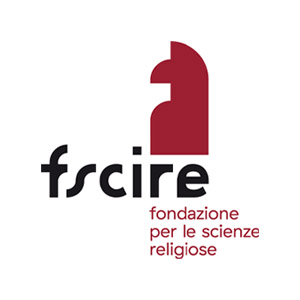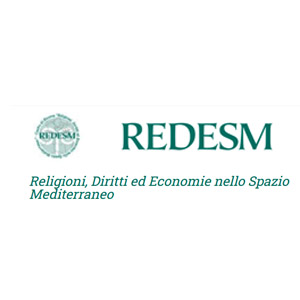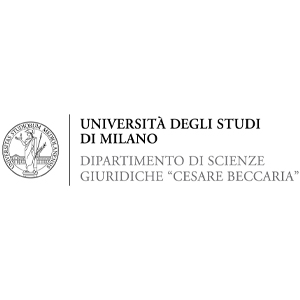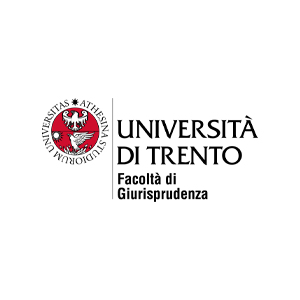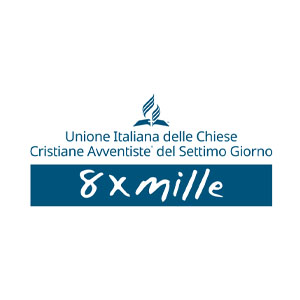Algeria
RELIGIOUS MINORITIES IN ALGERIA
The Catholic Church is organized into four dioceses: Algiers, Oran, Constantine and Laghouat-Ghardaïa.
As for Protestantism, although its presence dates back to the colonial period through the existence of missions, there is no direct link between it and the evangelical Protestants of today, who have been mainly Algerian since the 1980s. At the independence, the majority of the missions left Algeria. In 1963, the 16th district of the Reformed Church of France became the Reformed Church of Algeria. In 1972, it merged with the Methodist Church and the other churches and missions to form the Eglise Protestante d’Algérie (EPA). In 2011, the Ministry of Interior has given its approval for the modification of the executive board of the national association of EPA. The EPA said it still had not received responses from the Ministry of Interior to their 2012 and subsequent applications to reregister according to the law of associations. From 1972 to 2008, the EPA was led by an American pastor. Since then, EPA has been represented by Algerians.
Shiites and Ahmadis are non-recognized religious minorities. If the former keep a low profile, Ahmadis were convicted between 2016 and 2017 for worshipping in an unauthorized place, belonging to an unlicensed association, and for blasphemy.
Article 2 of the Algerian Constitution states that Islam is the official state religion. The last constitutional revision (2020) repealed the clause on freedom of conscience. Article 52 states that freedom of opinion is inviolable. Freedom of worship is guaranteed and is exercised in accordance with the law (Article 51). The constitutional text adds a paragraph stating that "the State shall ensure the protection of places of worship from any political or ideological influence". It is interesting to note that protection is no longer afforded to freedom of worship (culte) alone, as provided for in the 2016 Constitution, but to that of cultes (in plural). In this article, the Constitution refers to the law n° 06-09 of 17 April 2006 fixing the conditions and rules for the exercise of religions other than Islam. This 2006 law imposes two conditions on the collective worship of non-Muslim religious minorities, which can only be organized as religious associations and only in a place of worship recognized by the State. This law penalizes also proselytism in the aim of converting a Muslim to another religion. It should be noted that conversion is not criminally sanctioned.
Unlike other countries, Algeria has a unified judicial system and one family code applying to all citizens. Nevertheless, some articles relating to marriage, divorce, child custody and inheritance discriminate against non-Muslims.
Zohra Aziadé Zemirli
RESOURCES

General information on minority issues (including some references to religious or belief ones) can be found at the page devoted to Algeria in Minority Rights Group International, Minorities and Indigenous People in Algeria
Abrous D. (2007). La Société des Missionnaires d’Afrique à l’épreuve du mythe berbère. Kabylie, Aurès, Mzab, Paris-Louvain, Éditions Peeters
Aït Abdelmalek Z. (2004). Protestants en Algérie. Le protestantisme et son action missionnaire en Algérie aux XIXe et XXe siècles, Lyon, Éditions Olivétan
Dirèche K. (2011). Mondialisation des espaces néo-évangéliques au Maghreb. Controverses religieuses et débat politiques, Méditerranée, n. 116, 59-65, http://mediterranee.revues.org/5390
Direche-Slimani K. (2010). Chrétiens de Kabylie, 1873-1954. Une actionnaire missionnaire dans l’Algérie coloniale, Réghaïa, ENAG
El-Mestari D. (2011). Le discours religieux des manuels scolaires algériens de l’éducation islamique dans le cycle secondaire, Tréma (revue internationale en sciences de l’éducation et didactique), 70-80, http://journals.openedition.org/trema/2610
Henry J.R., Moussaoui A. (eds.) (2020). L’Église et les chrétiens dans l’Algérie indépendante. Études et témoignages, Paris, Karthala
Saaidia O. (2015). Algérie coloniale. Musulman et chrétiens: le contrôle de l’État (1830-1914), Paris, CNRS Editions
Saaidia O. (2020). Les catholiques d’Algérie: minorités d’hier et d’aujourd’hui, Les Cahiers d’EMAM. Études sur le Monde Arabe et la Méditerranée, https://journals.openedition.org/emam/2434
Zemirli Z.A. (2019). Quelle place pour le pluralisme religieux dans le mouvement de protestation algérien de 2019?, L’Année du Maghreb, 91-104, https://journals.openedition.org/anneemaghreb/5231
Zemirli Z.A. (2020). Le status juridique des non-musulmans en Algérie. L’exemple des évangéliques et des ahmadis, Paris, L’Harmattan
Zemirli Z.A. (2022). Algériens non musulmans: statut juridique et rapports avec l’État, CAREP, https://www.carep-paris.org/publications/axes-de-recherche/identite-religion-et-politique/papiers-de-recherche-identite/algeriens-non-musulmans-statut-juridique-et-rapports-avec-letat/
Zemirli Z.A. (2022). La diversité religieuse dans l’attribution du droit de garde en droit algérien, Revue du droit des religions, 109-123, https://journals.openedition.org/rdr/1879


 MENU
MENU CLOSE
CLOSE
